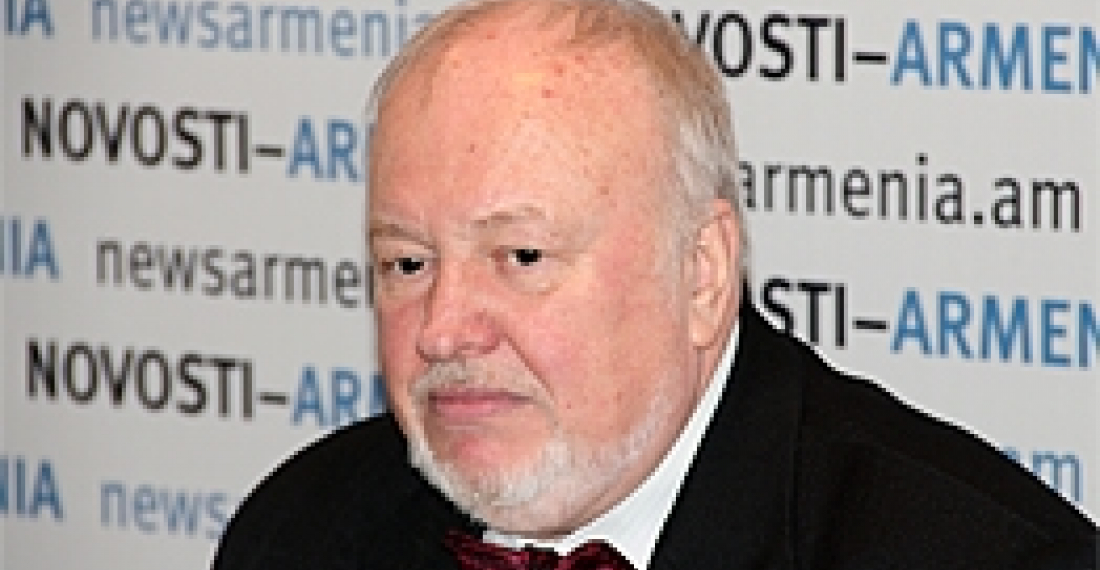US Secretary of State Hillary Clinton and Turkish Foreign Minister Ahmed Davutoglu will soon initiate a regular meeting of the presidents of Armenia and Azerbaijan, Russian political expert Vladimir Zakharov told Arminfo correspondent.
"The one and key purpose of that is withdrawal of Russia from the negotiating process on the Azerbaijani-Armenian settlement as soon as possible. It is clear that during the meeting they will "twisting the arms" of Serzh Sargsyan, but certainly he will not accept the offered compromises. They have not met yet, but the result of the meeting is clear in advance. Everybody are in a hurry to do that in 2012 because of a simple reason - the war against Iran has been already appointed for that year, but the date has not been voiced yet. We may suppose that it may happen after the failure of the Sargsyan-Aliyev talks", - he said.
He also added that one of the possible scenarios is that Azerbaijan may make provocation that allegedly Karabakh attacked Azerbaijan, and start battle actions against the NKR. By the way, the armed forces of Azerbaijan, having got a signal from Washington, will get fully operational and concentrated at the border to Karabakh. It may happen immediately after the "revolution" in Syria. Zakharov thinks that in Azerbaijan they understand very well that they will fight only in one direction, as Russia will not interfere and bring troops into Azerbaijan from its border to Azerbaijan. As for America, in that case it will
interfere in the conflict, as it is waiting for that. It will be done under the flag of any international organization, maybe the UN.
"But nobody will recognize sovereignty of Karabakh. We remember that the USA has recently said that if Azerbaijan attacks the NKR, the USA will recognize Karabakh. They think that they will easily manage to get a mandate to send peacekeepers in Karabakh and the USA will immediately do that, especially that the peacekeepers have been already gathered and deployed in Georgia and Azerbaijan. In Karabakh Americans will be deployed under the cover of the so called white and blue helmets", - he concluded.







